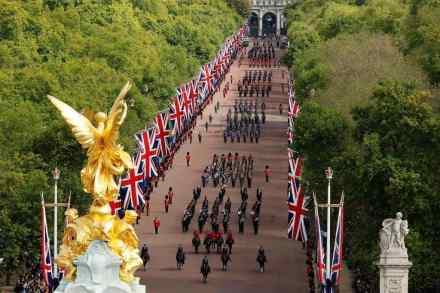In defence of privilege
Privilege at birth displeases wannabe types, and the subject came up rather a lot last week, especially in the Land of the Depraved, where the Bagel Times regards monarchy as anti-democratic and the cause of most human ills, including the common cold, cancer, pimples, varicose veins and even athlete’s foot. In my own alma mater, the University of Virginia, founded by the greatest of all Americans, Thomas Jefferson, some physically repellent creeps have demanded his name be taken off the beautiful neoclassical buildings he designed. The trouble is that Tom, as we called him in my college fraternity, was a bit anti-monarchical himself, having sided with and advised certain colonists






















